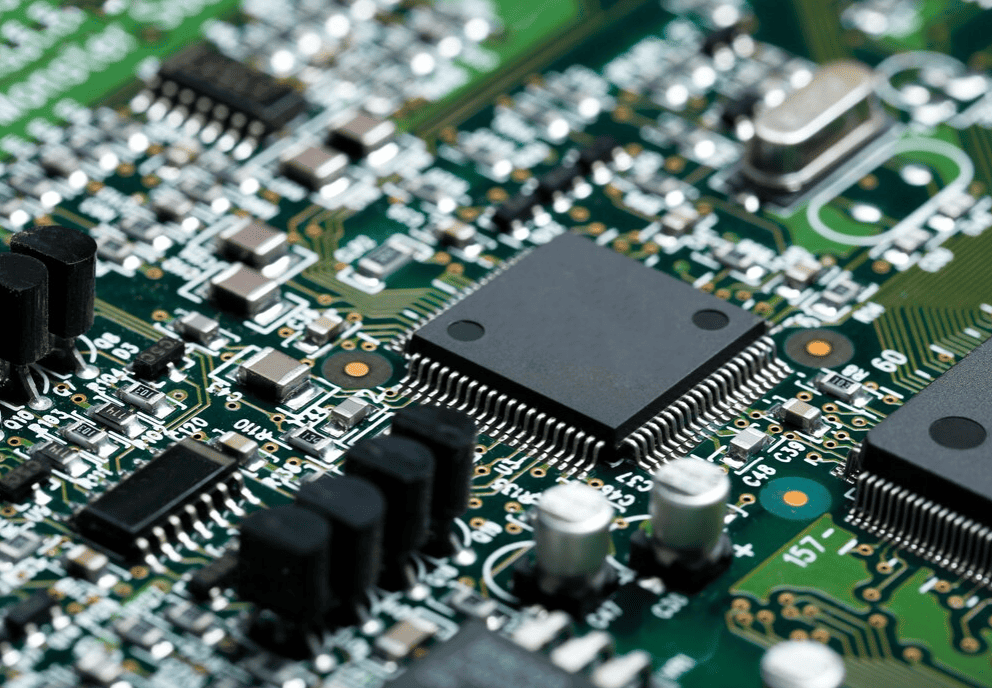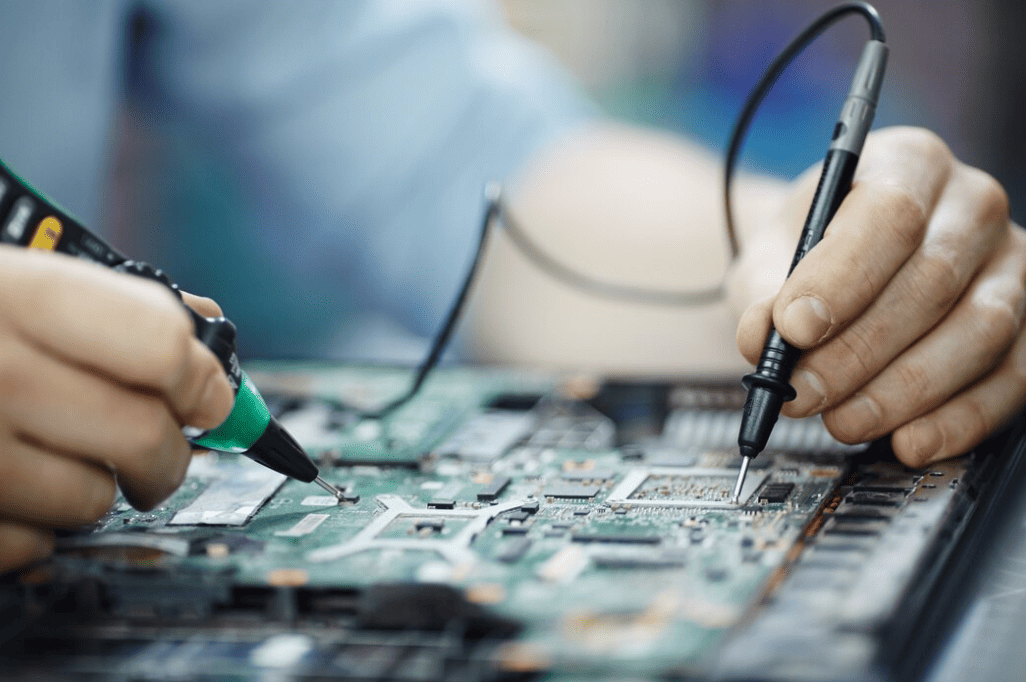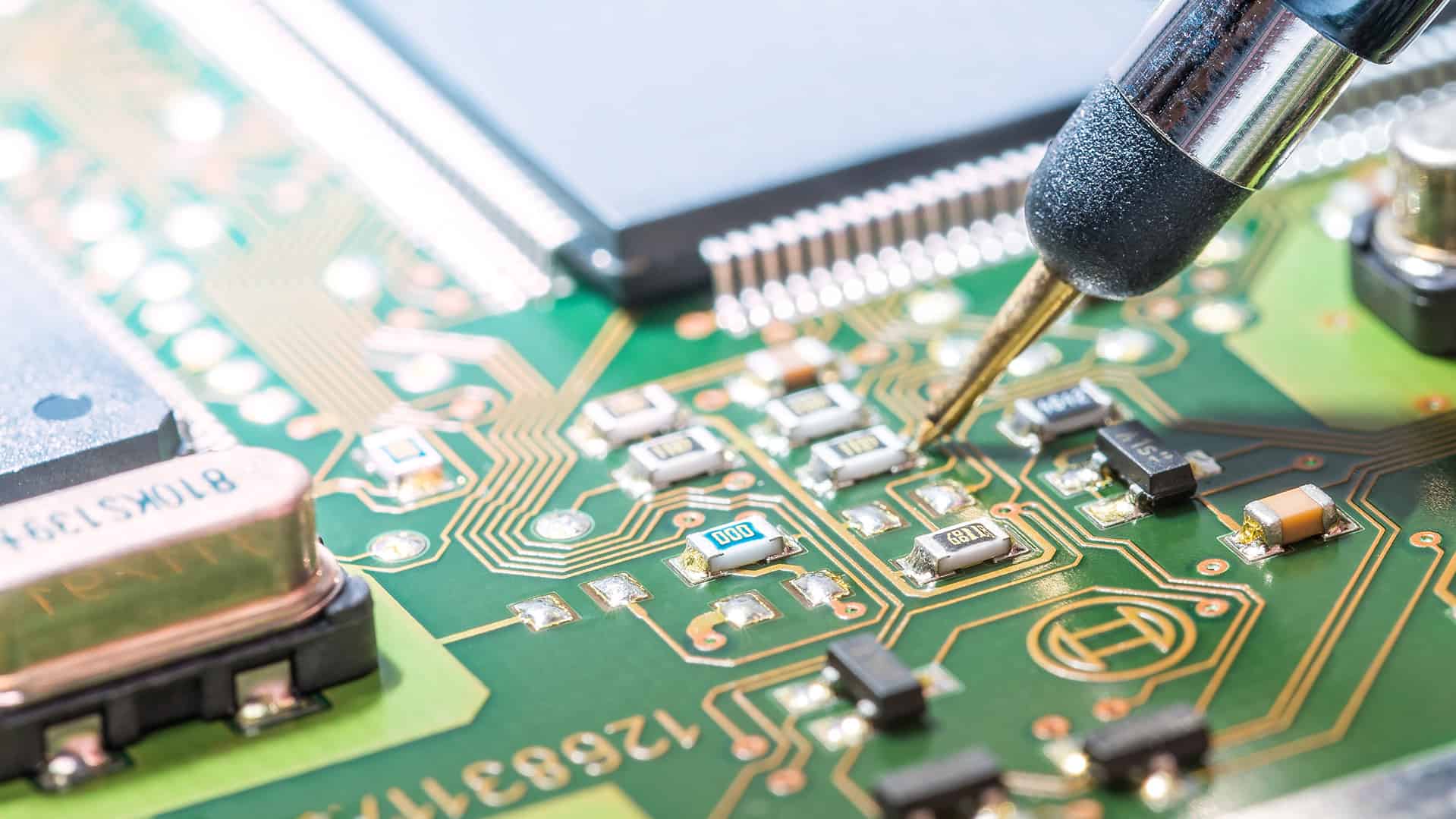Electronic Control Unit (ECU) remapping technology has revolutionized the automotive industry, offering a way to maximize the performance, efficiency, and overall driving experience of vehicles. As technology continues to advance, so does ECU remapping. In this article, we will explore the latest trends in ECU remapping technology, shedding light on the innovations that have taken place in recent years.

Understanding ECU Remapping
ECU remapping, also known as chip tuning or ECU tuning, is the process of reprogramming a vehicle’s engine control unit to optimize its performance. The ECU is essentially the brain of a modern vehicle, controlling various functions like fuel injection, ignition timing, turbo boost pressure, and more. By modifying the software that governs these functions, ECU remapping can unlock hidden potential, improving power output, fuel efficiency, and even drivability.
Read more: ECU Programming: Customizing Your Vehicle’s Performance to Suit Your Needs
Trends in ECU Remapping Technology
Customization and Personalization In the past
ECU remapping was often a one-size-fits-all solution. Today, however, a significant trend in the industry is the ability to customize and personalize the tuning process. ECU remapping tools and software now allow for tailored tuning, taking into account the specific needs and preferences of the vehicle owner. Whether you want to prioritize power gains, fuel efficiency, or a balance of both, modern technology makes it possible.
Read more: What You Should Know Before Getting A Car Warranty Service At Non-Dealer
OBD-II Port Flashing Traditionally
ECU remapping involved physically removing the ECU from the vehicle and flashing new software onto it. However, a growing trend in the industry is OBD-II port flashing, a non-invasive process that allows tuning through the vehicle’s onboard diagnostics (OBD-II) port. This approach is more convenient and reduces the risk of damaging the ECU during removal and reinstallation.
Real-time Data Logging
Advanced ECU remapping tools now include real-time data logging capabilities, enabling tuners to monitor the engine’s performance while making adjustments. This real-time feedback loop enhances the precision of the tuning process, allowing for more fine-tuned and safer results.
Dyno Tuning and Rolling Road Tests
To ensure the highest level of accuracy and safety in ECU remapping, many tuners now employ dyno tuning and rolling road tests. These tests simulate real-world driving conditions and provide valuable data that helps optimize the ECU map for the vehicle’s specific requirements. It’s a trend that emphasizes performance improvements while safeguarding the engine.
Emission Compliance
With an increasing focus on environmental concerns, ECU remapping technology has evolved to address emission compliance. Many tuners are now offering “green” or eco-friendly tuning options, reducing emissions while maintaining or even enhancing performance. This trend is not only environmentally responsible but also necessary to meet stringent emissions standards in various regions.
Smartphone Integration
In an era of smart technology, it’s no surprise that ECU remapping is becoming increasingly smartphone-friendly. Mobile apps are available that allow vehicle owners to monitor and adjust their ECU settings using their smartphones. This trend offers unprecedented convenience and accessibility.
Security and Anti-Tamper Measures
As ECU remapping becomes more popular, vehicle manufacturers are implementing anti-tamper measures to protect their software. In response, the ECU remapping industry has seen a trend toward increased security and encryption to ensure that the tuning process remains both effective and secure.
Electric and Hybrid Vehicles
ECU remapping technology is not limited to traditional internal combustion engines. It’s also making inroads into the electric and hybrid vehicle market. Tuning these vehicles can optimize battery management, regenerative braking, and power delivery, improving overall efficiency and performance.
FAQs
1. What is ECU remapping, and how does it work?
ECU remapping, also known as chip tuning, is the process of reprogramming the engine control unit (ECU) in a vehicle to optimize its performance. This is done by modifying the software that controls various engine functions such as fuel injection, ignition timing, and turbo boost pressure. The goal is to improve power output, fuel efficiency, and drivability.
2. Is ECU remapping legal?
The legality of ECU remapping varies by location and the specific modifications made. In many places, it’s legal as long as it complies with emissions standards. However, it’s crucial to check local regulations and use reputable tuners who are knowledgeable about legal constraints.
3. Can ECU remapping damage my vehicle’s engine?
When done correctly by professionals, ECU remapping should not damage your engine. In fact, it’s designed to optimize engine performance. However, amateur or unprofessional attempts can lead to problems. It’s crucial to choose reputable tuners with experience.
4. How long does an ECU remapping session typically take?
The time required for ECU remapping can vary depending on the vehicle and the specific modifications being made. On average, it may take a few hours, but some complex tuning sessions can take longer.
5. Can ECU remapping improve fuel efficiency?
Yes, ECU remapping can improve fuel efficiency. By optimizing fuel injection and other parameters, it’s possible to achieve better fuel economy. However, the extent of the improvement depends on the specific tuning goals and the vehicle’s condition.
6. Is ECU remapping reversible?
ECU remapping is reversible, but it’s important to note that reverting to the stock ECU map may not always restore the original settings perfectly. Some tuners keep a backup of the stock map, which can be reloaded. However, some changes made during the tuning process may be permanent.
7. Can I remap the ECU of my electric or hybrid vehicle?
Yes, ECU remapping can be applied to electric and hybrid vehicles as well. It’s not limited to traditional internal combustion engines. Tuning these vehicles can optimize battery management, regenerative braking, and power delivery, improving overall efficiency and performance.
8. What tools and equipment are used in ECU remapping?
ECU remapping tools can include specialized software, hardware, and in some cases, dyno testing equipment. These tools are used to read the existing ECU data, make adjustments, and flash the new software onto the ECU.
9. Can I do ECU remapping myself at home?
While there are DIY ECU remapping kits available, it’s strongly recommended to have ECU remapping performed by professionals. Tuning is a complex process that requires extensive knowledge, experience, and access to the right tools. Amateur attempts can result in damage to the vehicle.
10. What are the costs associated with ECU remapping?
The cost of ECU remapping varies depending on several factors, including the vehicle type, the specific tuning goals, and the experience of the tuner. On average, it can range from a few hundred to over a thousand dollars. It’s important to get quotes from reputable tuners and understand what’s included in the price.
Conclusion
ECU remapping technology continues to evolve and adapt to the changing landscape of the automotive industry. With customization, convenience, real-time data logging, emission compliance, and other trends, ECU remapping has never been more accessible, precise, and effective. As technology advances, we can expect even more innovations in the world of ECU tuning, ultimately leading to better-performing and more efficient vehicles for the future. However, it is essential to ensure that ECU remapping is performed by professionals who are knowledgeable about the specific vehicle and the tuning process, as improper tuning can lead to undesirable consequences.

